Moldova has adopted a new regulatory package that brings its conformity assessment and CE marking rules into full alignment with the European Union’s New Legislative Framework. The reform mirrors the principles of Decision 768/2008/EC and Regulation (EC) No. 765/2008, signaling Moldova’s intention to streamline cross-border market access and strengthen consumer protection.
The updated rules were published on 28 August 2025 and will become legally binding on 28 February 2026, providing a six-month transition period for businesses.
Overview of the New Requirements
The new legislation introduces several major changes to how products are approved and placed on the Moldovan market. Among the most significant developments are:
A shift to mandatory CE marking for all regulated product groups entering Moldova
Automatic acceptance of CE certificates issued in the EU, eliminating the need for repeat national testing
Long-term obligations for all economic operators to maintain documentation and support regulatory investigations for up to 10 years
This updated approach aims to reduce duplication, simplify border processes, and create a compliance system consistent with EU norms.
How Conformity Assessment Will Work
Moldova has now adopted the same modular conformity assessment structure used in the EU. Depending on the risk profile and complexity of a product, the procedure may fall under Modules A, B, C1, C2, D, E1, or F.
Manufacturers are responsible for:
- Preparing and retaining technical documentation
- Preparing user instructions and declarations of conformity
- Ensuring the CE mark is correctly applied before the product enters the country
Importers and distributors must:
- Confirm that products are legitimately CE-marked
- Cooperate with market surveillance authorities
- Provide documentation when requested
The overall system places more accountability on supply chain operators, while reducing administrative barriers for CE-approved goods.
Recognition of CE Certificates and Market Oversight
Under the new rules, any product already certified in the European Union can be placed on the Moldovan market without additional evaluation. This includes electronics, telecom equipment, automotive components, networking products, batteries, and IT peripherals.
Market authorities retain the power to restrict, recall, or seize products that fail to meet essential safety or conformity requirements. The national SM Mark may still be used by Moldovan manufacturers for a limited period, particularly while the country works toward deeper EU integration or a future ACAA (Agreement on Conformity Assessment and Acceptance of Industrial Products).
Product Categories Affected
The legislation covers a broad range of regulated goods, including:
- Telecommunications and terminal equipment
- Consumer and household electronics
- Automotive electrical and electronic systems
- Networking and data communication devices
- Chargers, batteries, and power accessories
- IT and multimedia peripherals
Companies supplying these categories should begin reviewing their compliance documentation now to prepare for the February 2026 implementation date.
